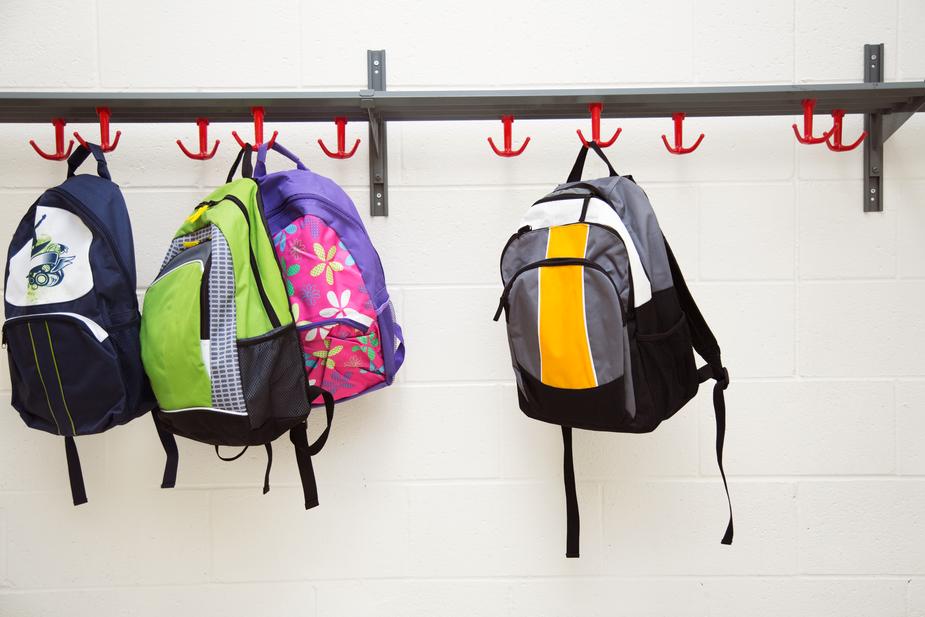 I admit it. I turned off NPR driving my son to school yesterday. I didn’t want him to hear the news. I didn’t want him to know about Parkland.
I admit it. I turned off NPR driving my son to school yesterday. I didn’t want him to hear the news. I didn’t want him to know about Parkland.
I grew up going to school not worried about lockdowns and school shootings. I worried about mean girls, bullies, and the man that killed a girl with a 20-pound rock.
Are we becoming de-sensitized to school shootings? Can we just ignore each one? Can we turn off the news?
Guns vs. mental health.
Arming teachers.
Are these the discussions we want to have with our children?
Two weeks ago, my son’s school had a lockdown. A person with a firearm was reported walking by the school. I found out at the Coop. Another parent was there. Her husband said four police cars were in front of the school. Moments later my son texted, “We are in lockdown.”. I thought no. This isn’t real. It’s a false alarm. My son is protected. My son is safe.
My first instinct was to go to the school. Many parents in Florida did just that. Waiting for the next text from their children inside. I also know this could put my own safety at risk.
It was a false alarm. It was over quickly. The school learned from the experience. Blinds need fixing. Communication improved.
Are schools prepared? What sorts of drills should they have? How should parents be notified during a lockdown or incident or should schools wait until it’s over?
Schools avoid lockdown drills in response to school shootings in order not to provoke more anxiety; however, staff can practice without students. As a parent, I want to be notified when there is a lockdown. I don’t want to read it on social media.
In the district I used to teach in, a parent asked in response to Parkland if counselors would be available at the school to help children understand. This is not part of normal school policy. Counselors come after an incident. But don’t our children and ourselves need help now? What can we do? Shouldn’t we provide them with professional help now or is it not necessary?
How Do You Talk To Your Kids About School Shootings?
I didn’t, but I should.
The American Psychological Association offers the following advice:
- Be honest.
- Acknowledge “that bad things do happen”
- Reassure that parents, teachers and police work to keep them safe
- “Put their fears into proportion to the real risk”
- Limit exposure to media and news so children don’t see it over and over again.
- Look for early warning signs of anxiety like headaches and poor school performance.((http://www.apa.org/topics/violence/school-shooting.aspx))
NBC offers additional advice such as get your own anxiety under control before talking to your children.((https://www.nbcnews.com/better/health/how-mental-health-experts-talk-their-kids-about-school-shootings-ncna845586))
With each school shooting, parents wonder could this happen at my child’s school? We feel reluctant to drop them off. We consider homeschool.
The advice missing from all the experts is the most important: Be Kind. I see troubled kids in their early years lacking self-control and always in trouble for their behavior. Their peers begin to shun them. The adults keep a sharp eye on them just waiting for a mistake. I know. I’ve been that teacher. I was that substitute teacher today. At the end of the day, I told the boy that I really liked him. That I understood sometimes it was hard to listen and follow directions. But I liked him. I really liked him.
We wouldn’t have school shootings if kindness was our priority. We wouldn’t have school shootings if all children were loved, connected, and supported. We wouldn’t have school shootings if guns weren’t so readily available.
So I will continue to talk to my kids about being kind and compassionate.
It’s not the parents’ fault. It’s not the other students’ fault. It’s not the teachers’ fault. It’s society’s fault.
It takes a village.
Leave a Reply